No.265
It has been a time. It has been a time because however prepared or unprepared you feel you might be for its inevitable passing time will find you, without fail, and time will bring with it whatever it pleases. Time will bring with it:
Heatwaves too strong for landscapes and the temporary sad closure of the only boulangerie in the tiny Midi-Pyrénées village which lay five minutes from the house where I seemed to be existing for a week; looking at the moon through a telescope for, somehow, the first time; disbelief while walking—quite possibly with an open mouth—through the most capitalist-dripping and stuff-consuming part of Glasgow city on the way to a station and how are there that many things; an egg and cress sandwich while my train is at a standstill waiting for three gleefully escaped bovines to move away from and off the tracks and I see them pressed together and munching in a hedge as we finally crawl carefully past; the French couple sitting in front of me and he is watching the Tour de France on his mobile-phone-turned-sideways; rain at home, more torrential that it has been in perhaps months and noticing with as many windows flung wide as possible how important it feels for there to be rain in this way; the angles at which people walk; a linocut print in the hallway which persistently, no matter how well I tape it, gradually falls out of its frame and so we intermittently repeat the process of staying in place together.
Time also brings with it: new rhythms of working and thinking as I find it increasingly impossible and conflicting to keep any sort of distance between the outer-world happenings and the interior thoughts and processes, and I wonder too whether I’m even supposed to keep a distance anymore; reading as a response to catastrophe; knitting as a response to catastrophe which I’m sure I’ve mentioned before in that it seems to be a physical manifestation of keeping something about oneself held together in the face of so much exterior unravelling and therefore of disproportionate reassurance; the minimum distance from the ground at which it begins to feel acceptable to have books on a shelf might actually be around three feet.
Then any and all thoughts of rottenness forgotten one morning when you find a young swift flailing about at the edge of the road and getting noticed by dogs. It clearly hadn’t fledged and so perhaps fell out of the high nest due to heat or hunger but seemed intact and uninjured so it sat content-alert in a cardboard box with a towel with us while we ate breakfast—you had been on the way to purchase yoghurt when you found it and you said upon your no-yoghurt return this might be the most beautiful thing I’ve ever seen—and then a message to a local wildlife expert confirmed the preferred course of action as if you can get it back in the nest then do that.
Being fairly certain which nest of two it came from I duly carried the box back up the road, you duly carried the long and extendable ladder, and having had no response from the nice neighbour who owns the stones of the house the swift had fallen out of you went ahead and scaled the ladder three floors up in a too-hot-for-nine-in-the-morning sun with the box, and the young swift when you held its warm dense body up to the small hole under the roof shuffled itself inside immediately, taking a sharp left to join another baby. As you descend a passerby comments something like aye it’s too early for that which I take to mean he believed it was too early to be doing anything concerning ladders and sides of buildings.
You take down the ladder and then we stand on the ground craning our necks to watch both nests—scarcely six feet apart—as various swift parents are sky-screeching and feeding and returning to their nests all over town at that time of morning and we want to make sure we’ve placed the baby back in its correct location, that its parents will be accepting of the returned legs and feathers and dark, dark eyes. When it’s no longer physically possible to keep the neck at such an extreme angle we cross the road and crane our necks slightly less from there, relieved when scythe-shaped parents return with gullets full of insect and all seems to be well and settled and as it should be.
The two nests we’re watching are both on the south side of the building, which isn’t where swifts would ideally nest as it can get easily too hot and as such it is recommended, if one is putting up swift boxes or installing swift bricks, that those go on the north side. But, maybe, with fewer and fewer options for nesting at all, these ones simply didn’t have a choice. There are far fewer of them this year in general, the summer skies quieter than I was already used to at both dawn and dusk. After about ten minutes we walk back home with our bird-less cardboard box and for a short while all feels both impossibly fragile and intensely astonishing and I think I could probably handle anything now.
WORK-RELATED NEWS:
The copyedited manuscript for book six has now been returned to me, and I’ll be returning it back to its editor again by the end of this month. The wonderful readers of this newsletter were able to help with several more of the languages within which I was hoping to confirm a few definitions and pronunciations and nuances, but in case there is still anyone out there who might know of a person able to assist with those still remaning during this final phase of edits, I’m still seeking:
Cornish, Euskara, Farsi, Georgian, Guugu Yimithirr, Hebrew, Hmong, Icelandic*, Inuktitut, Iñupiaq, Innu-aimun, Malay, Manx, Mongolian, Ngarluma, Nsyilxcən, Ojibwemowin, Pitjantjatjara, RuKwangali, Russian, Somali, Sugpiaq, Tarahumara, Uzbek, and Yaqui.
*Possibly sorted
In most of these instances it is just one or two terms which I’m hoping to have a native speaker or translator look over, and compensation shall be in the form of names in the acknowledgments and a copy of the book sent in the spring—a season which I’m certain will arrive to us sooner than seems either reasonable or possible.

THIS WEEK I FELL IN LOVE WITH:
Around this time two years ago I also found myself charmed by the oil pastel works of Gadigal land (Sydney) based artist Phoebe Stone, and it would seem midsummer is, once more, the time of appreciating oil pastels.
Still, I sit still,
The mind swept clean in its secret shade
— Charles Wright, from Appalachia (1998), ‘Reply to Wang Wei’
The yearling horses stand in the field,
up to their knees in the new grass.
This is the first world we live in, there is no second.
— from Littlefoot, ‘XXVII. One Needs No Paradise When the Rain Falls’ (in full on Poetry Northwest)
Anything that we think we’ve learned, we’ve learned in the dark.
If there is one secret to this life, it is this life.
— from Mid-Winter Snowfall in the Piazza Dante
Again and for however long necessary: (Actions for demanding a Free Palestine and an end to genocidal occupation.) / (Reading list for a Free Palestine.) / (Postcards for Palestine, free PDF downloads.) / (Send a physical postcard demanding an end to UK arms sales.) / (Ten free ebooks for getting free from Haymarket Books.)
Paid supporters of The Sometimes Newsletter usually receive one or two additional pieces each month, including things like short stories, illustrated essays, and more detailed looks into creative processes. The most recent of these being:
In Praise of Anything
There are many volumes which specifically aim to praise things to a dramatic literary degree, whether that be folly, shadows, slowness, idleness, walking, floods, boredom, missing out, the night, poetry, hands, mountains, diaries, or really any topic or theme you can additionally think of. To me most of these literal titles seem either obvious, diminishing, misleading, or a combination of all three.



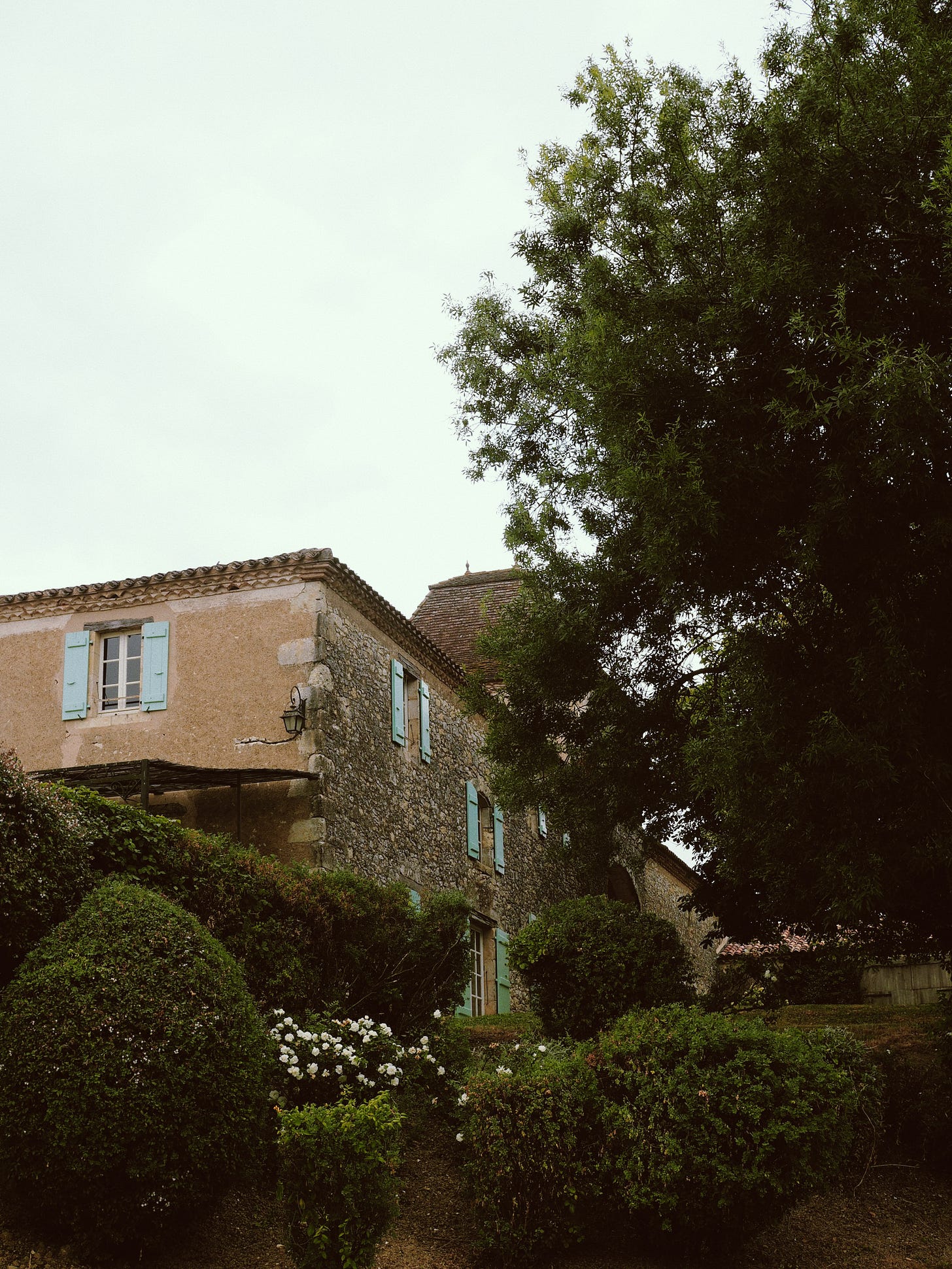
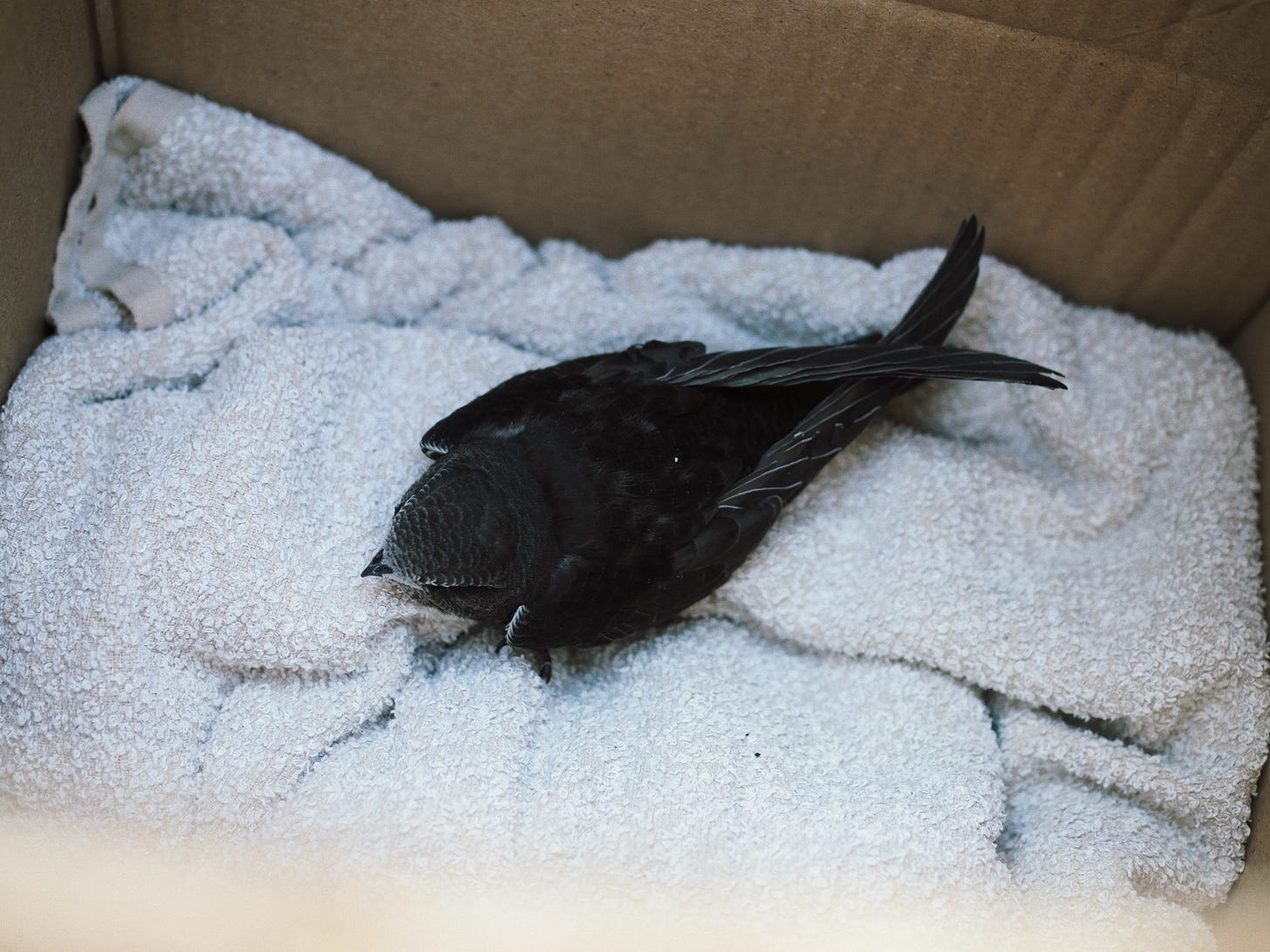

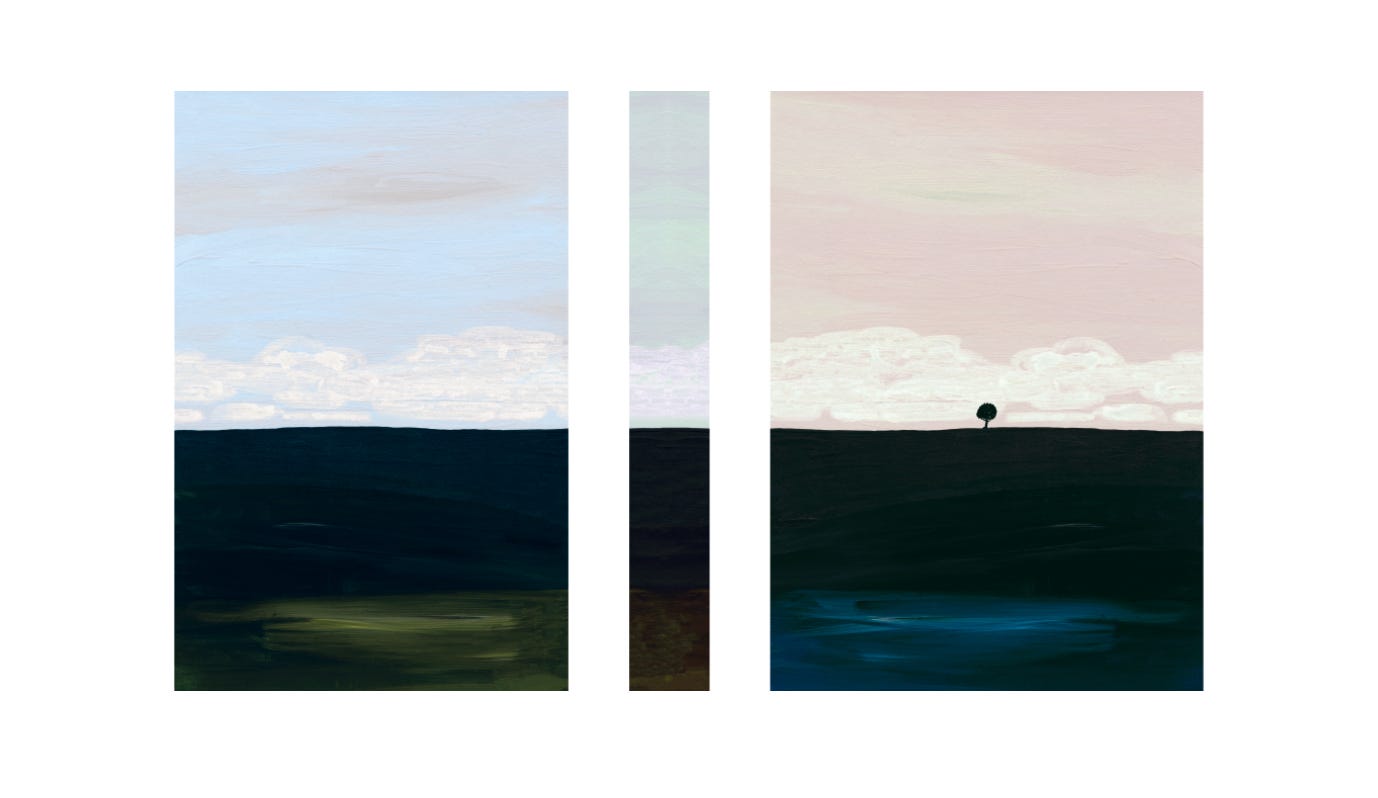

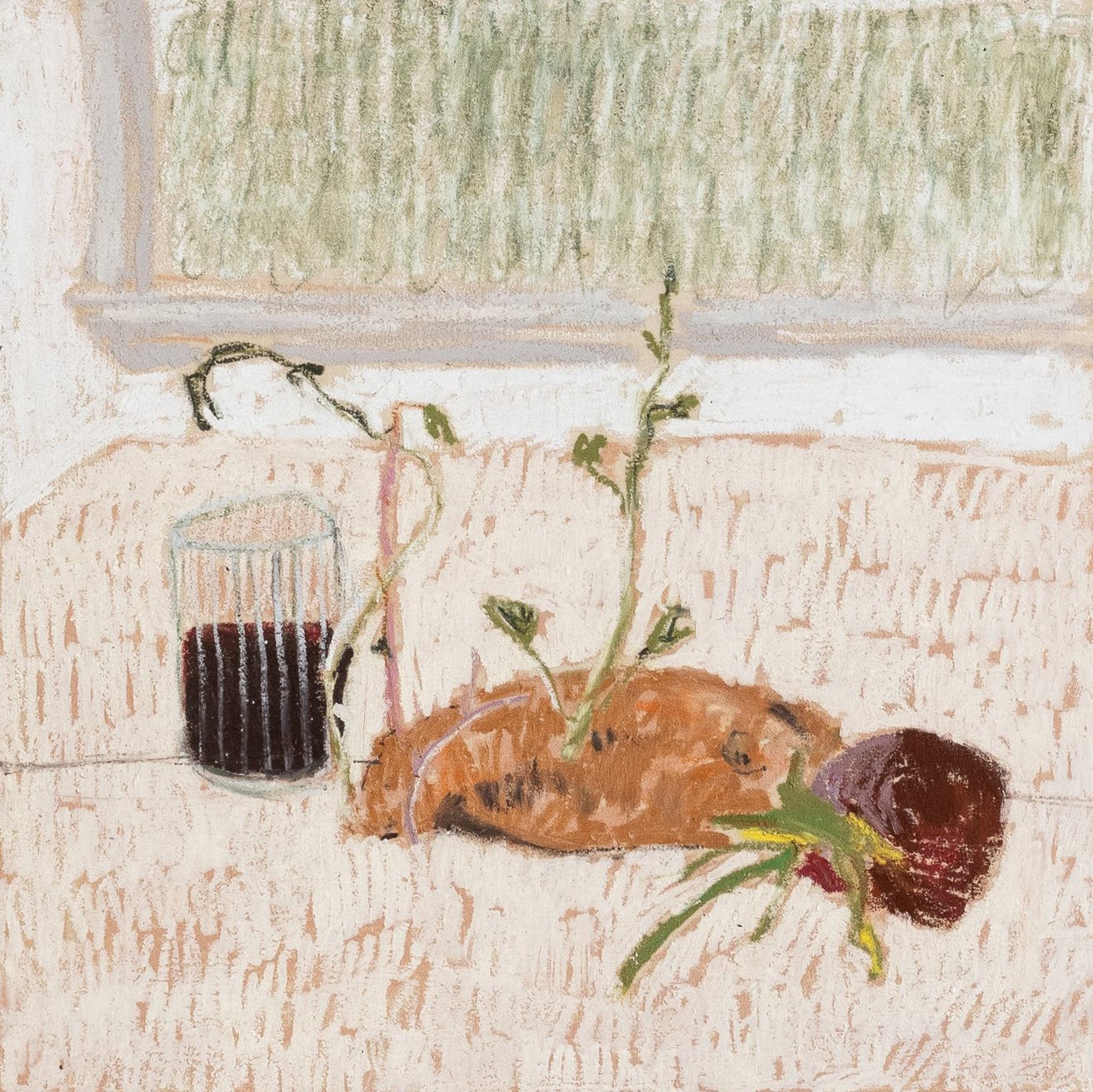
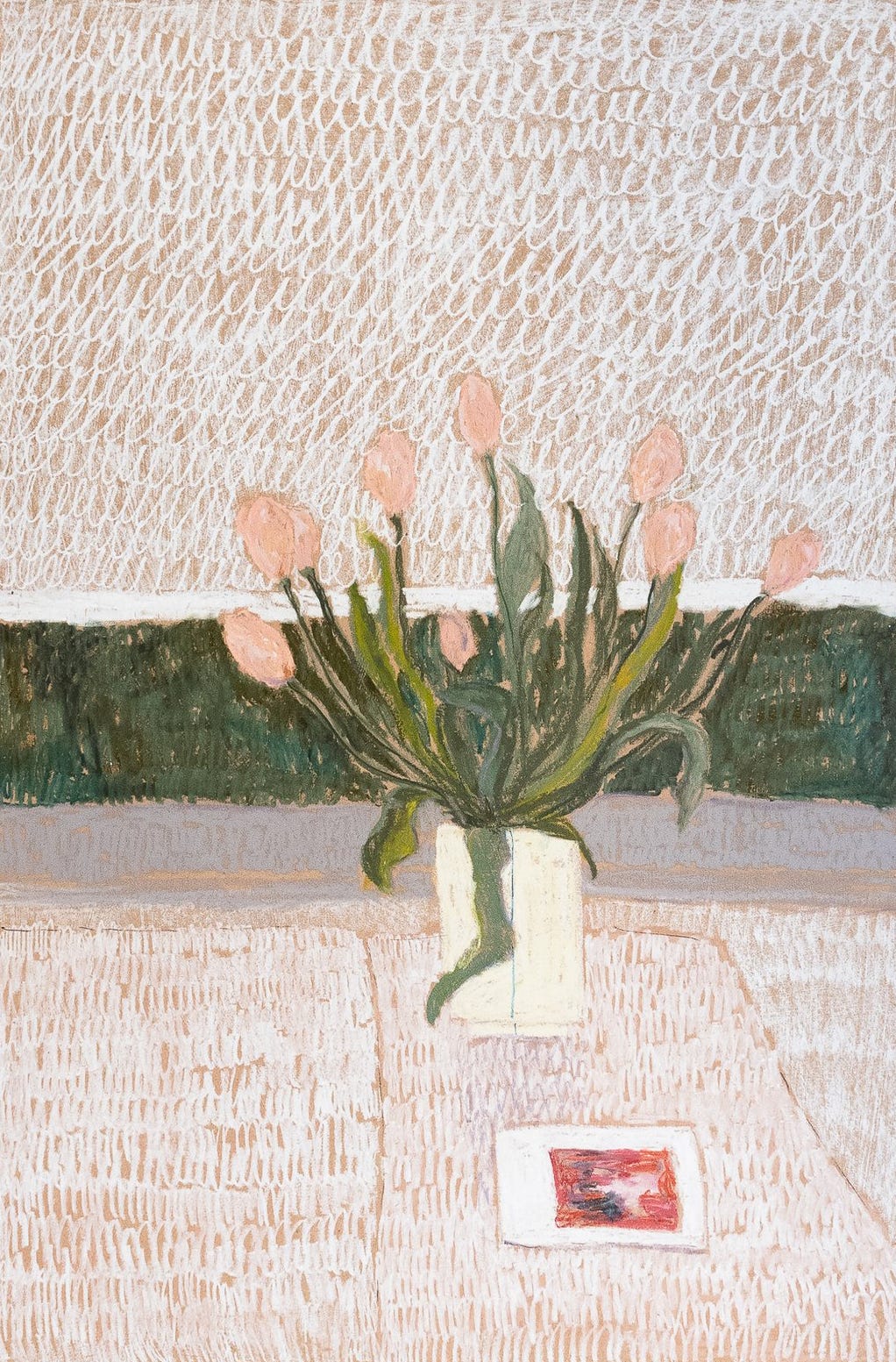
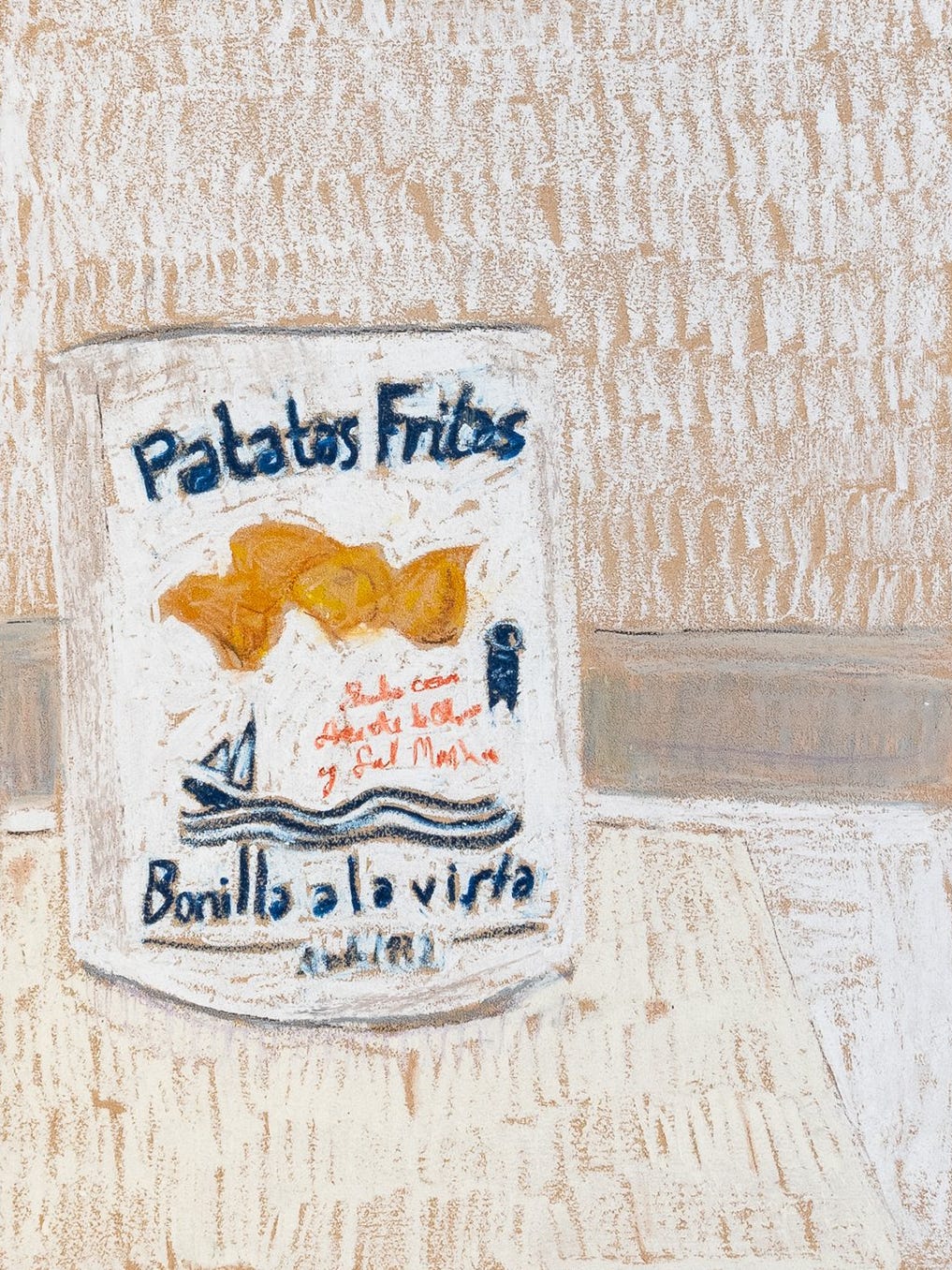
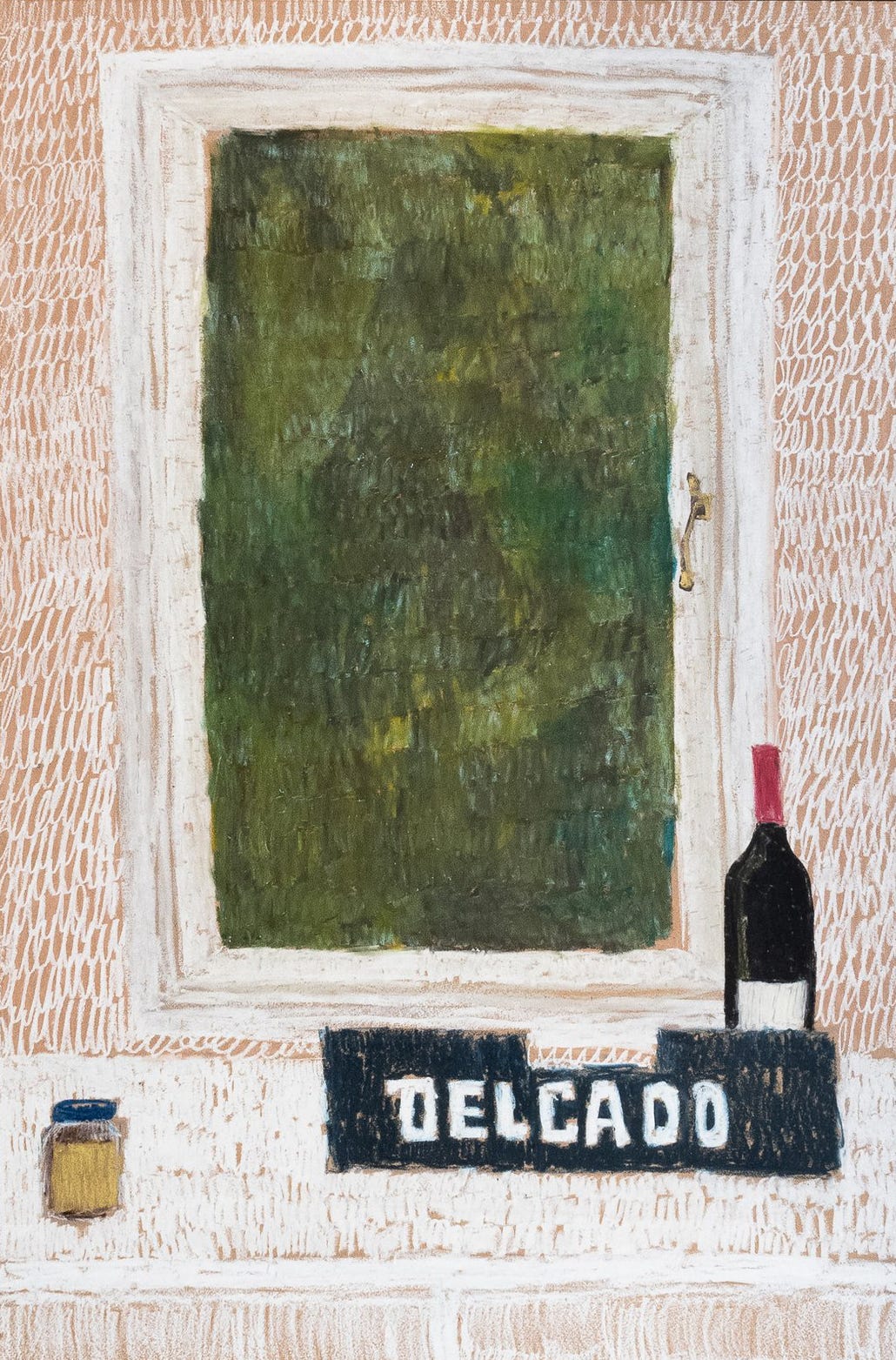
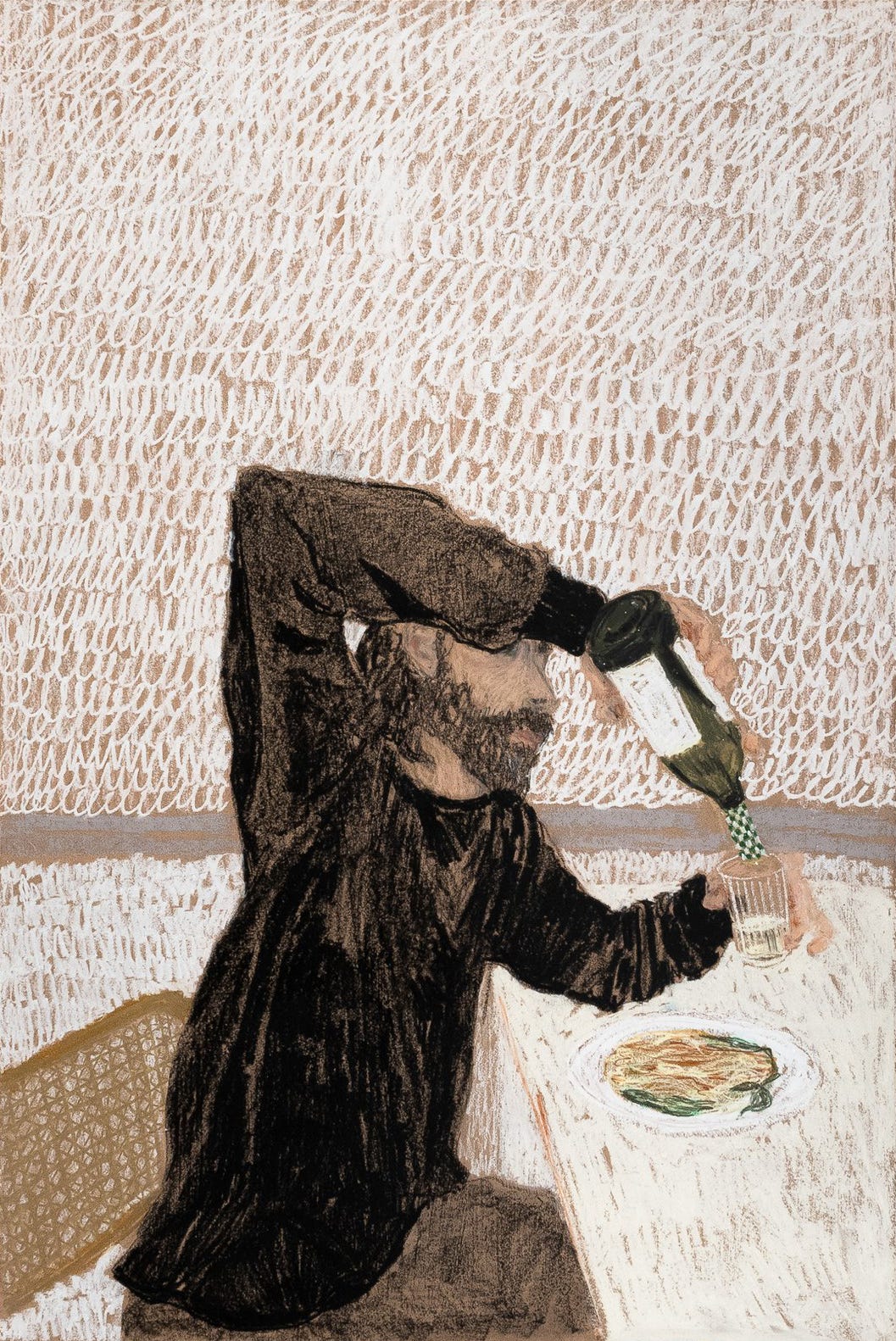
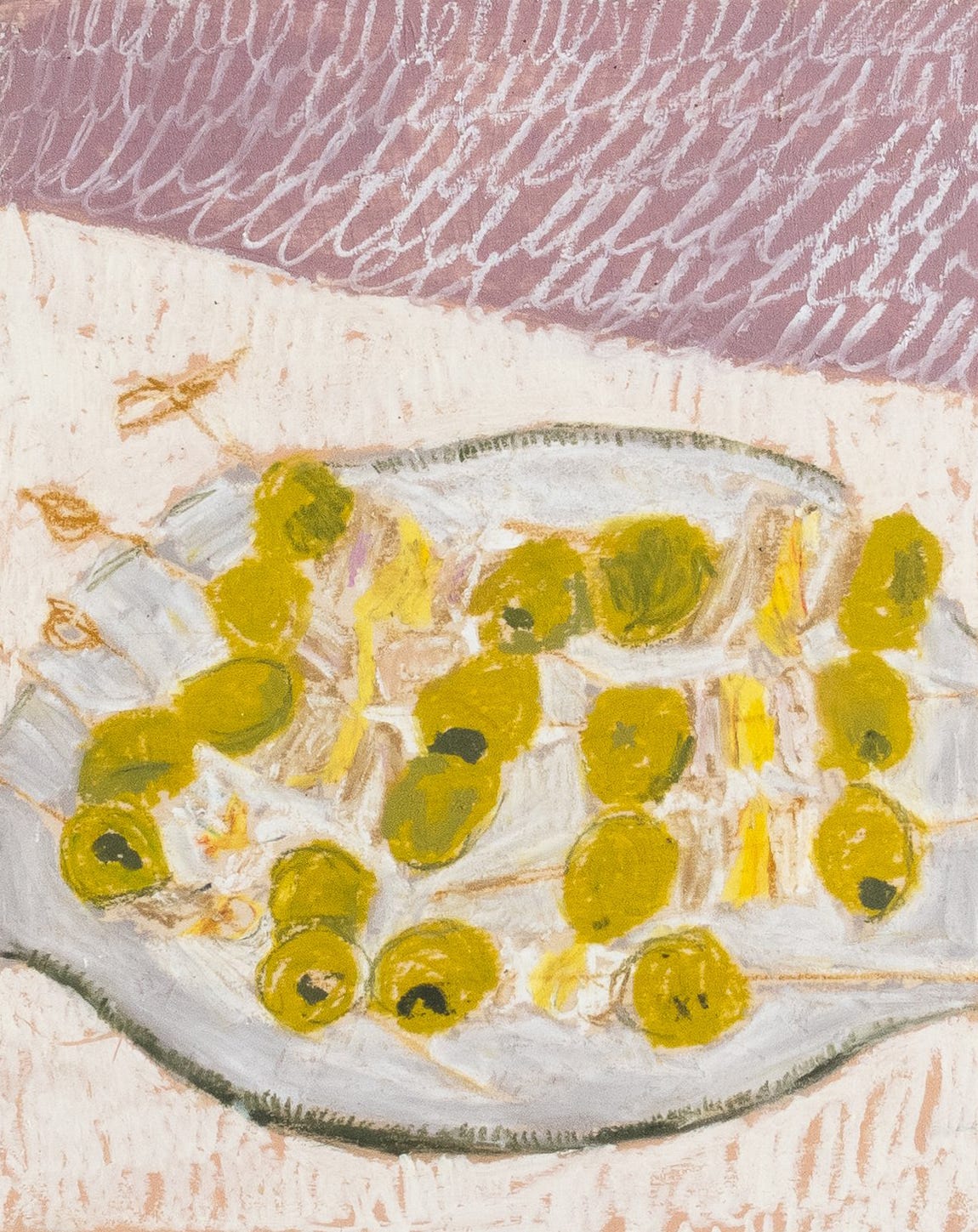
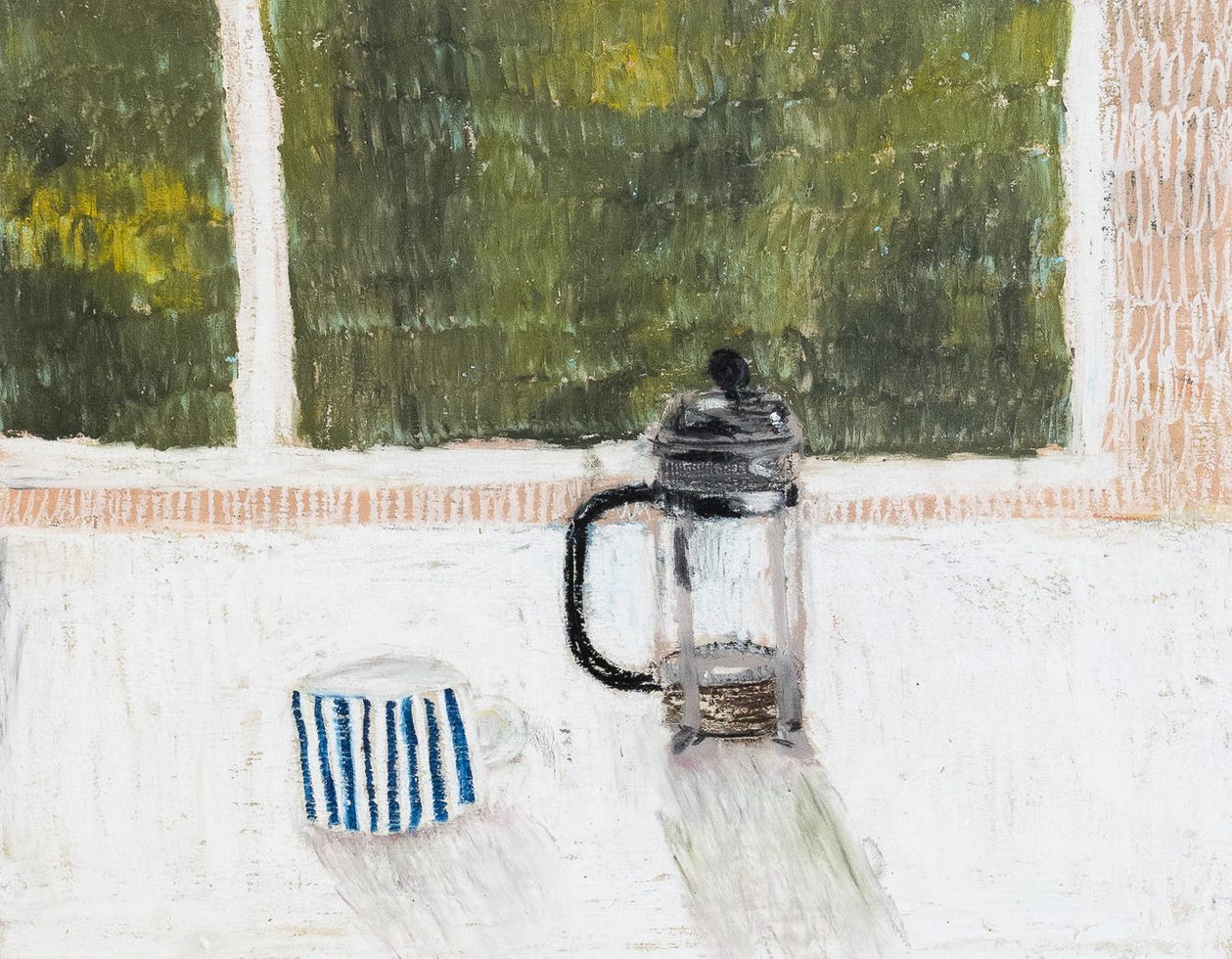
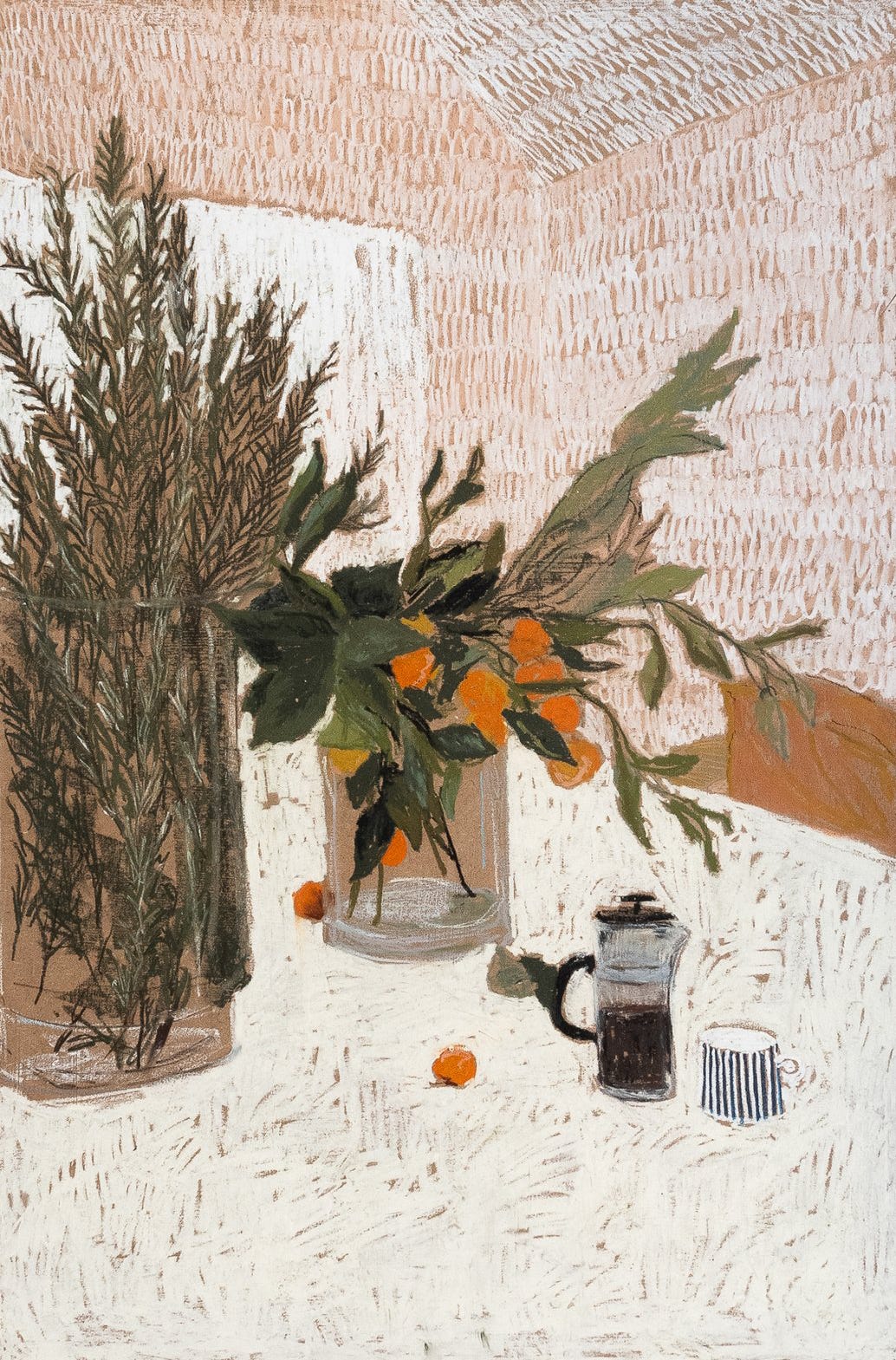
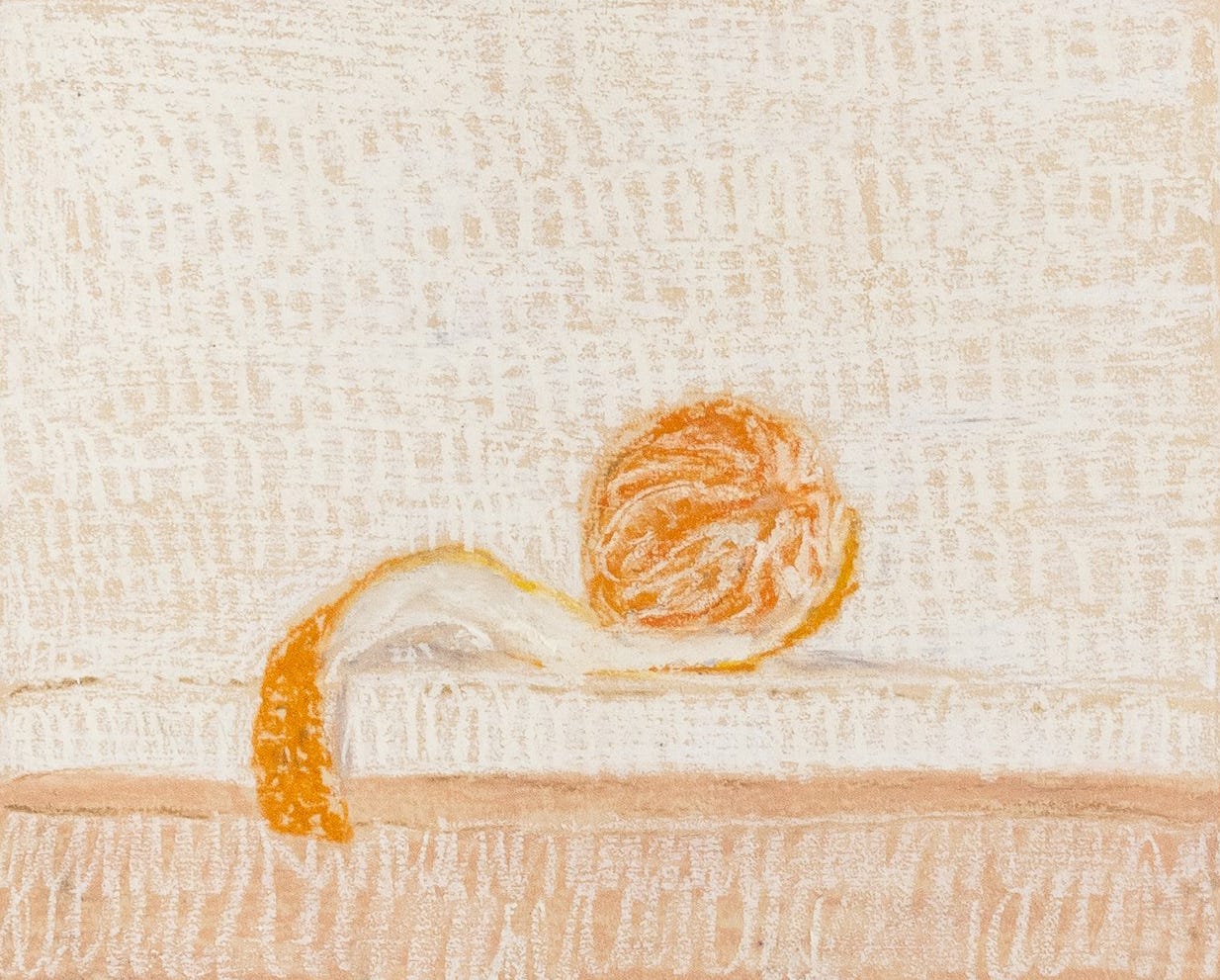
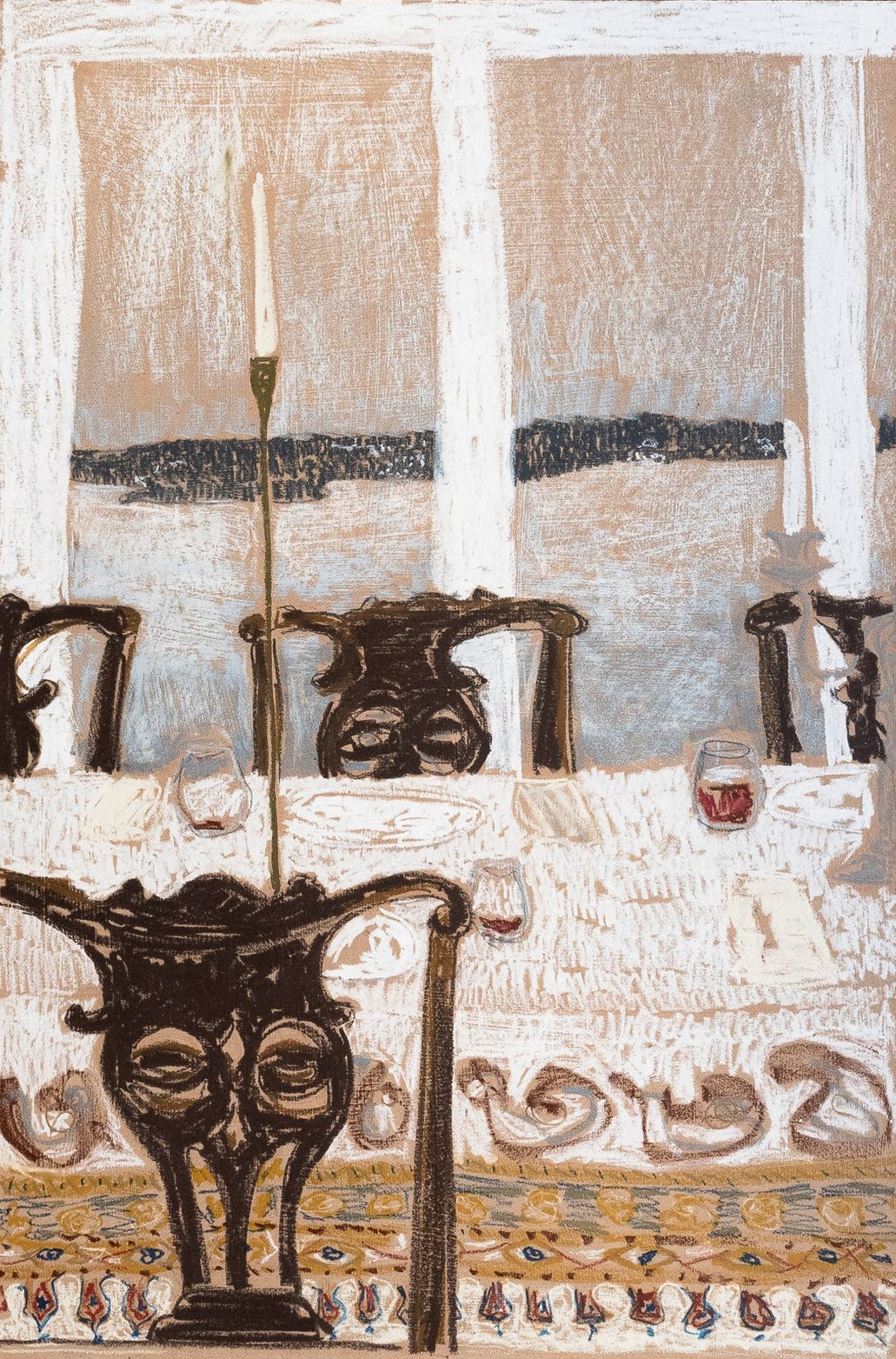
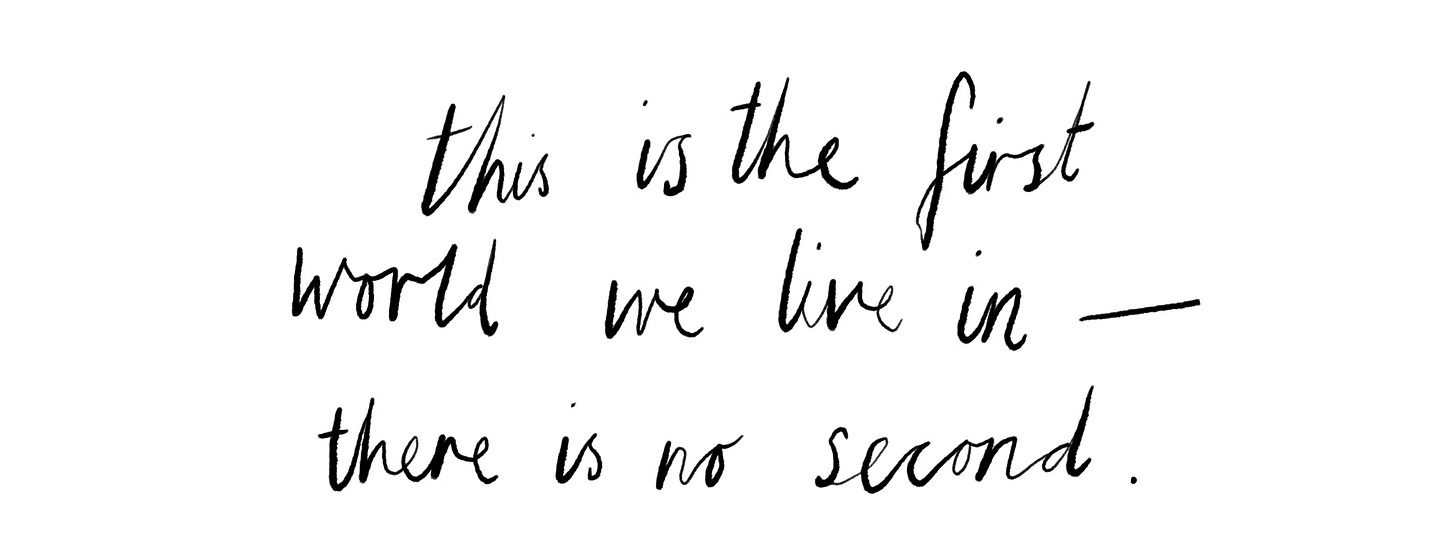

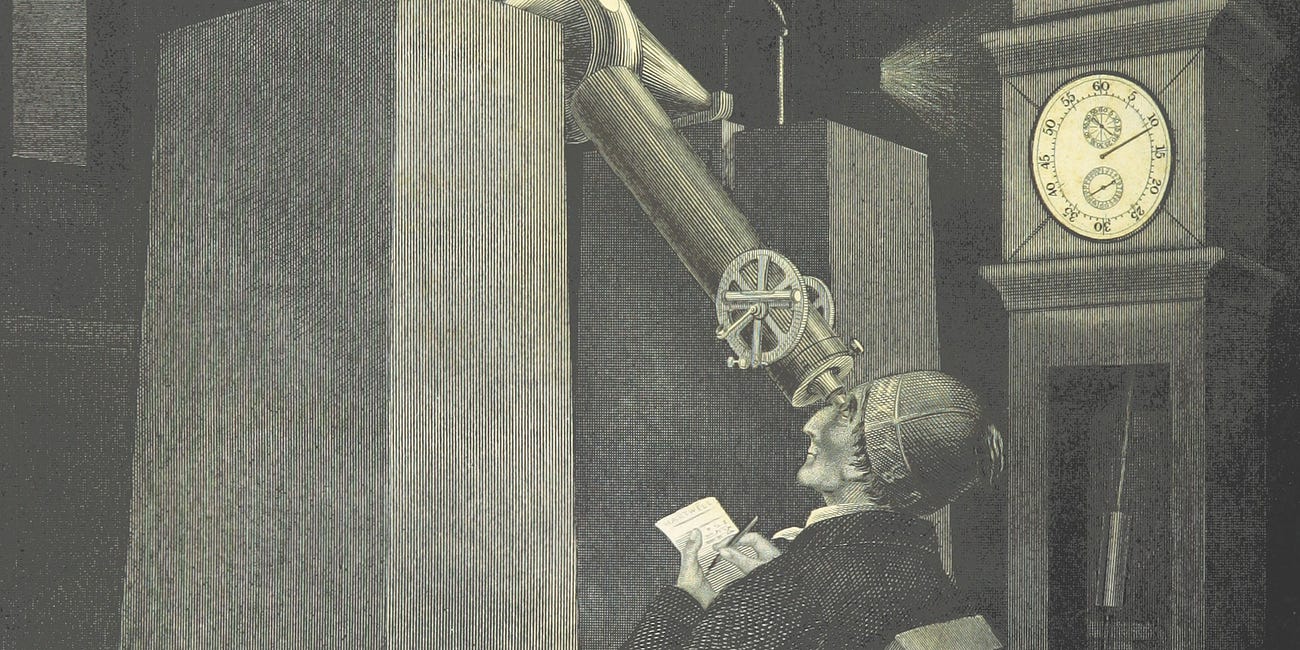
I may know someone who speaks Nsyilxcən - I’ll check round this week and will follow up if so and they are willing to connect with you!
Hi, Ella!
I'm native Russian speaker and really like some linguistic riddles, so I would love to help you out with the new book! Please tell me how to connect with you if you still need it.